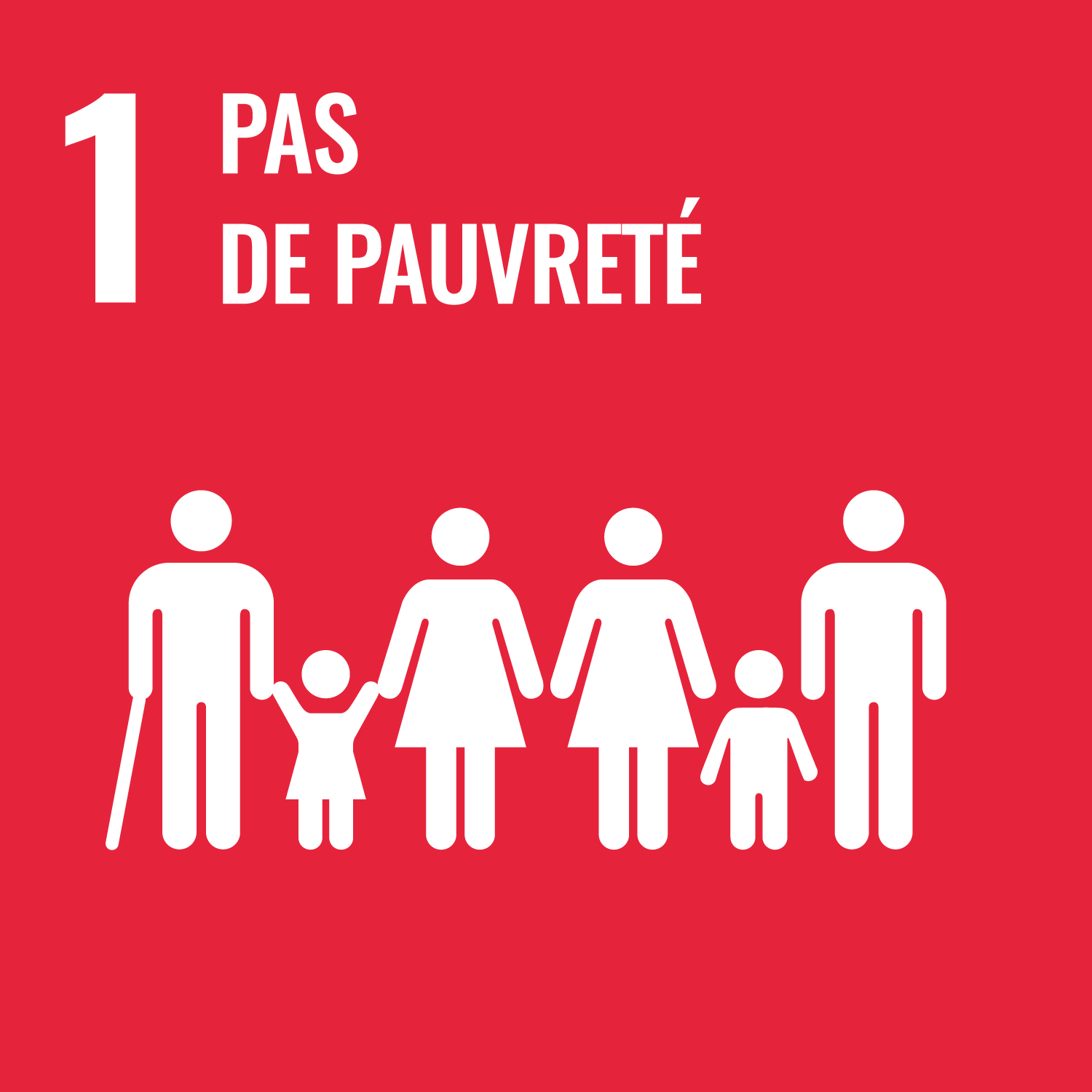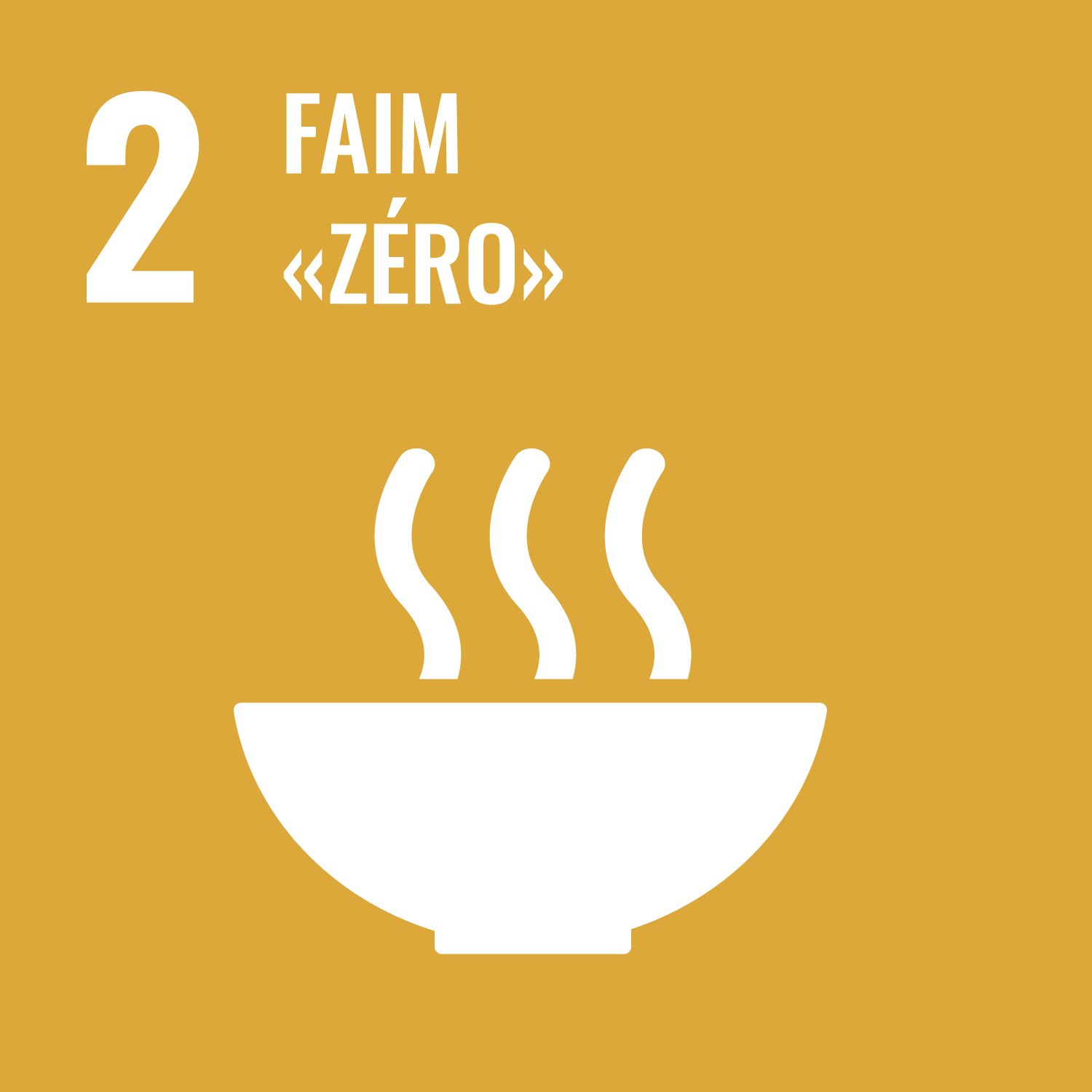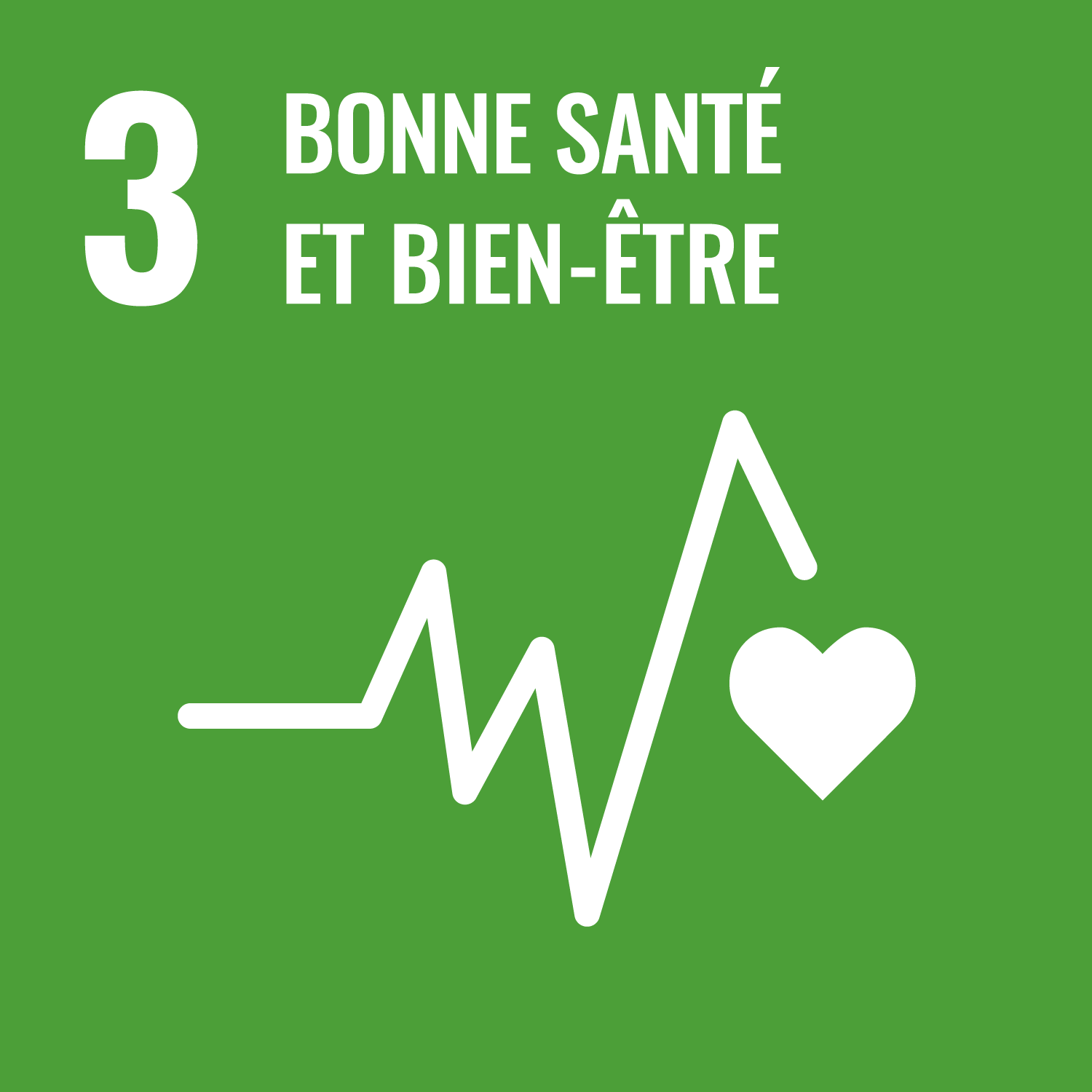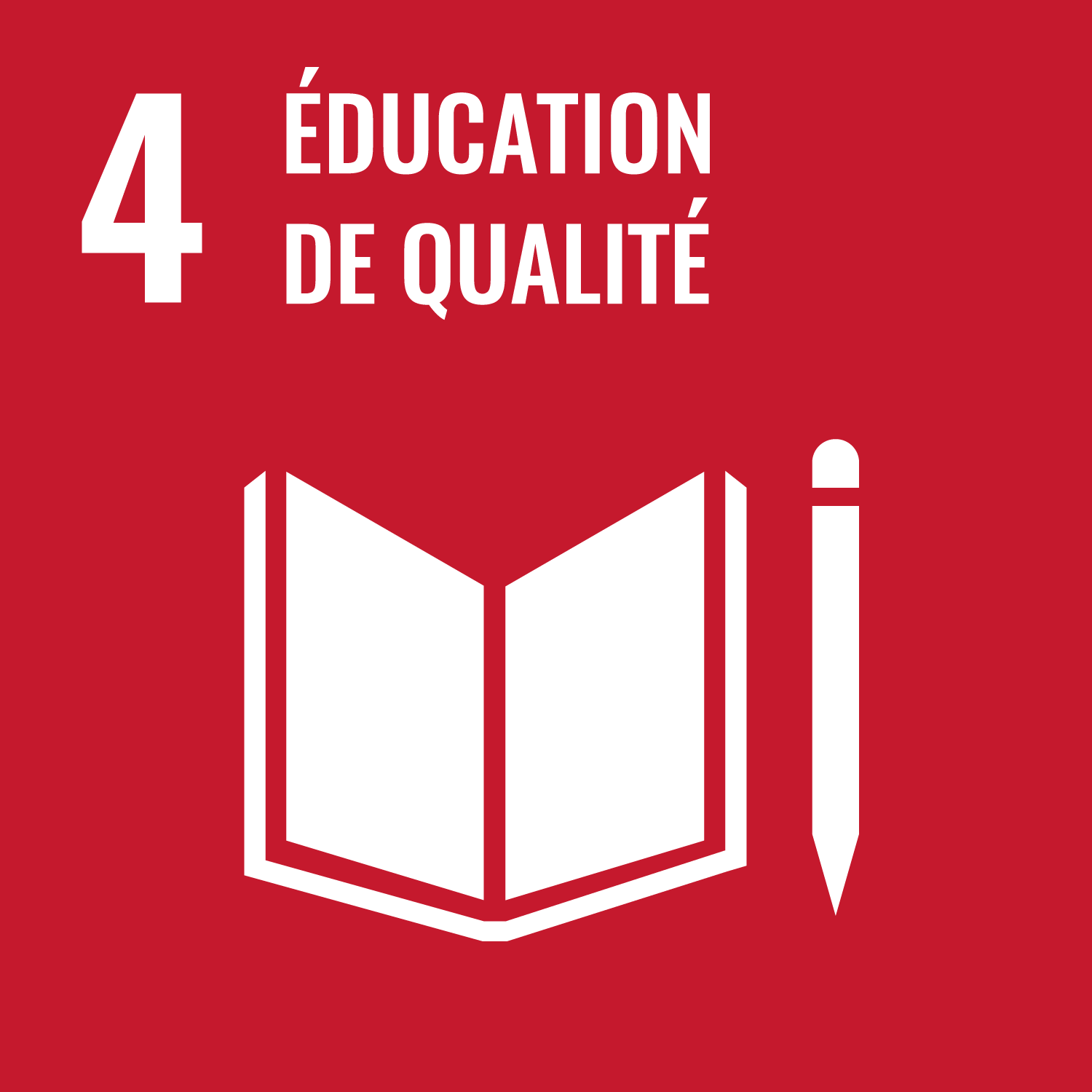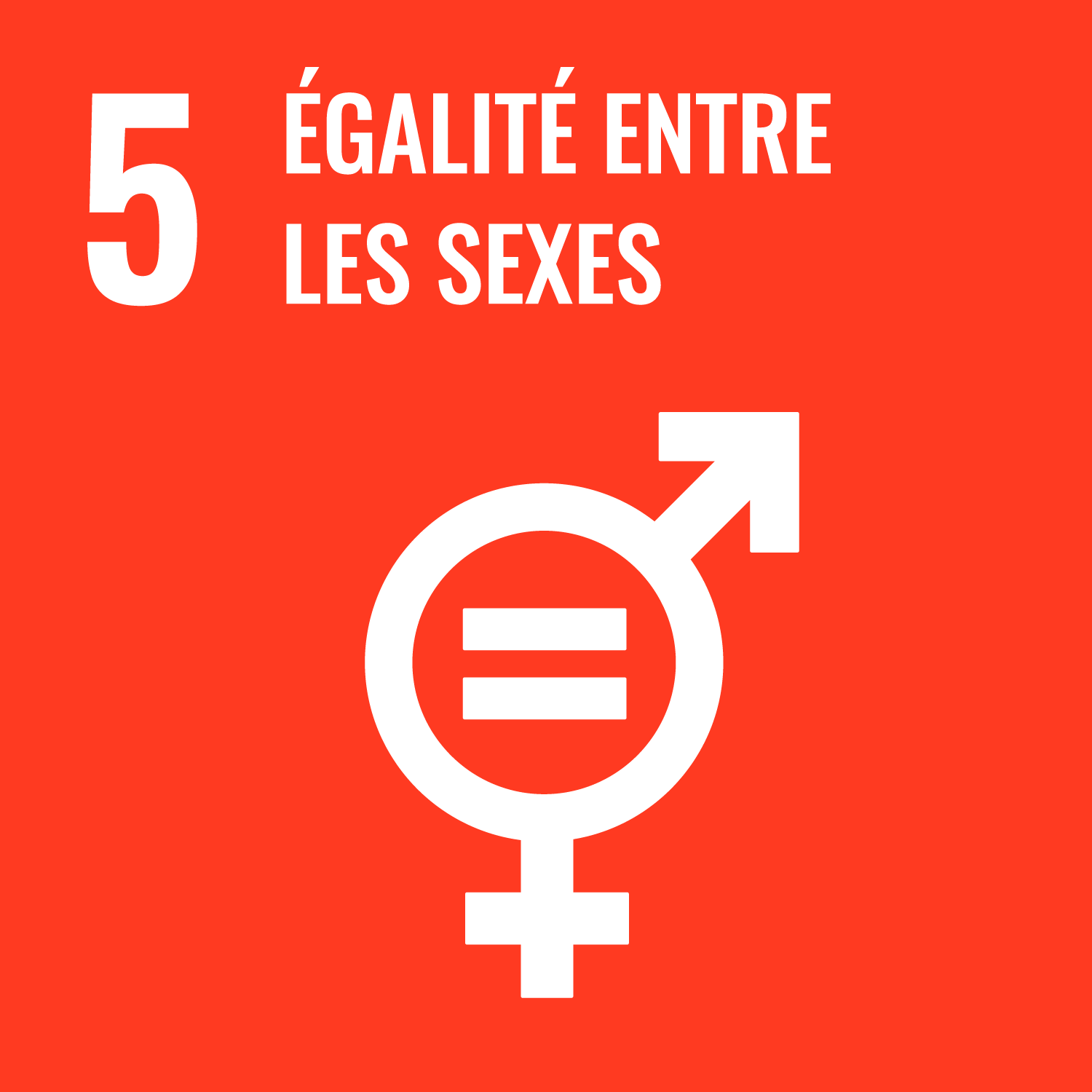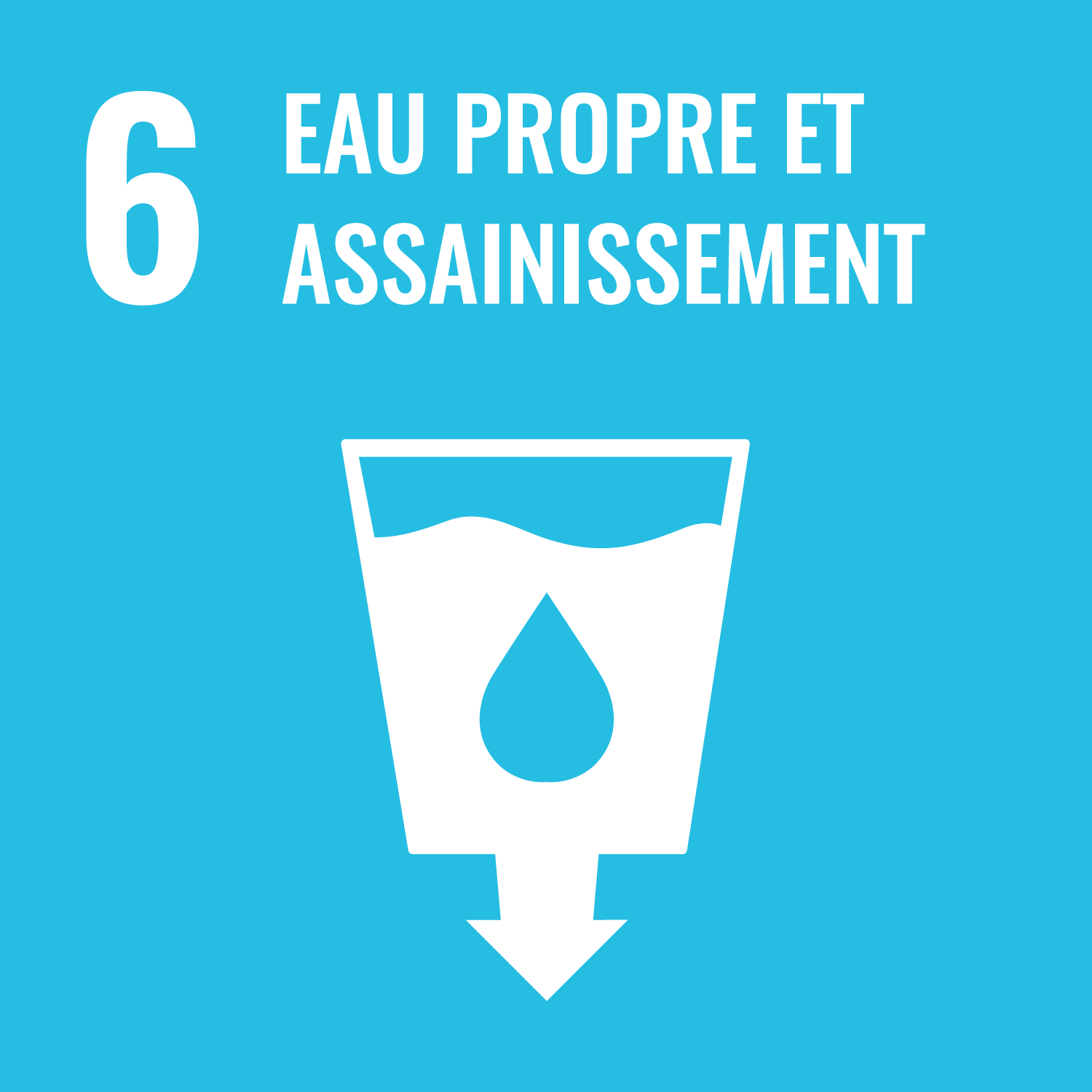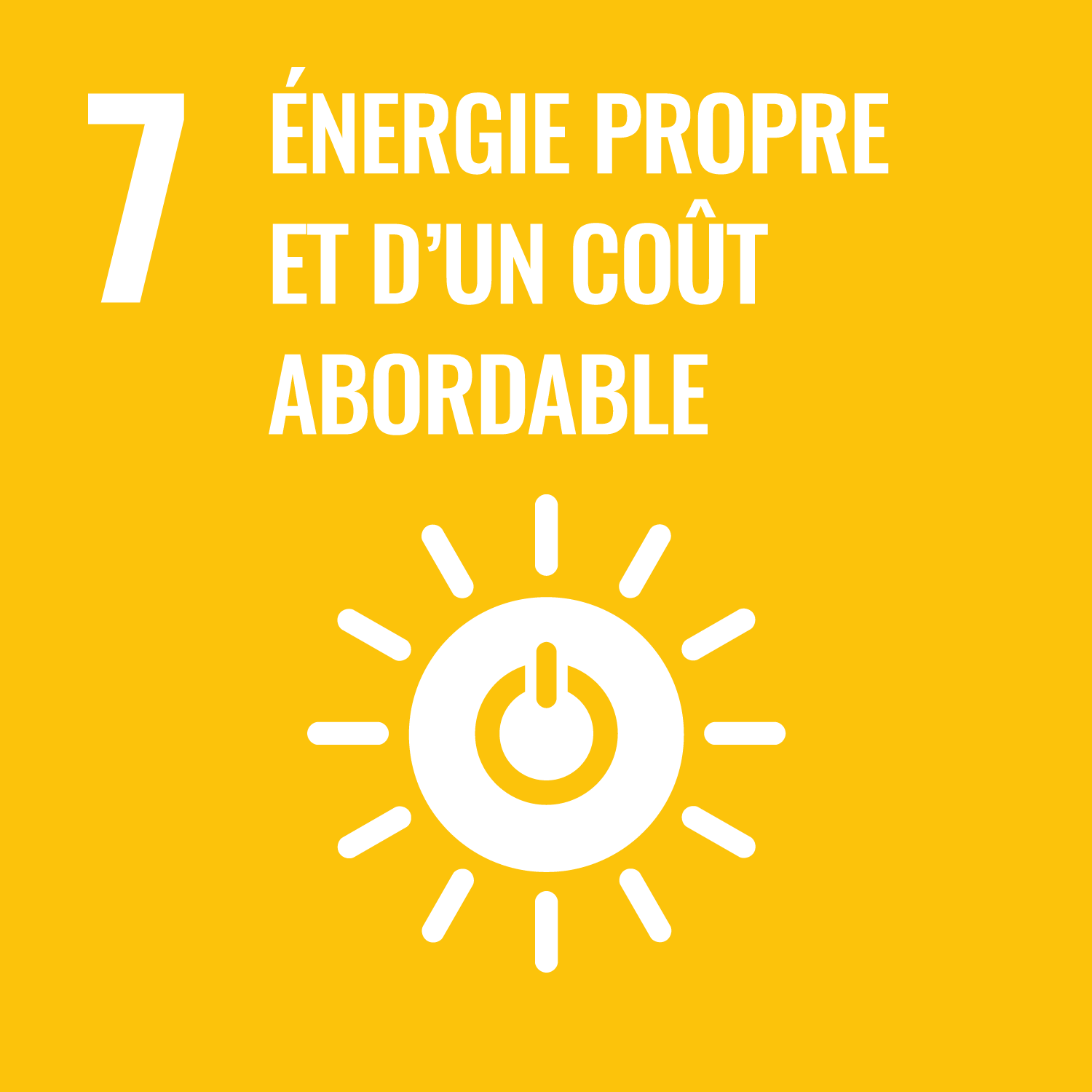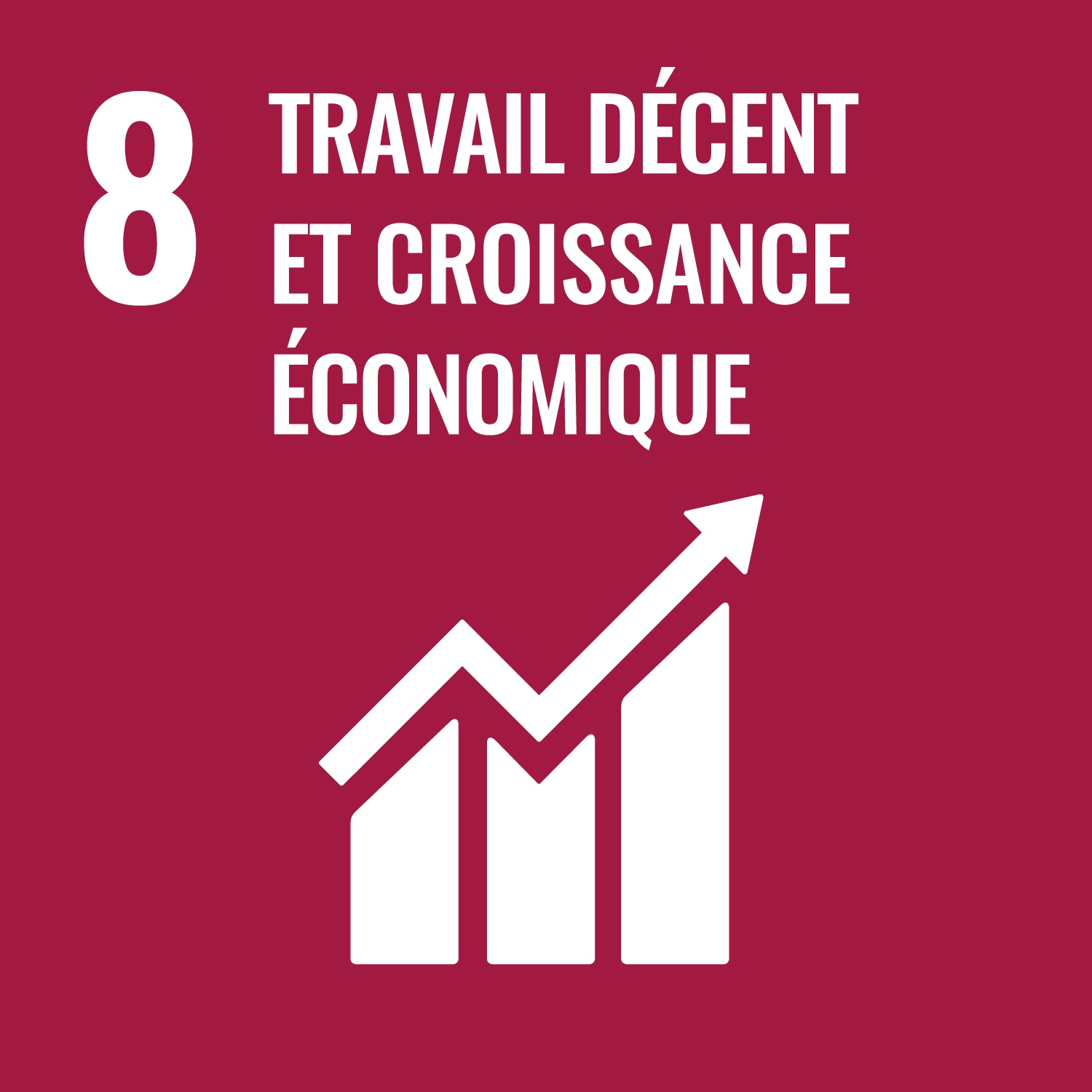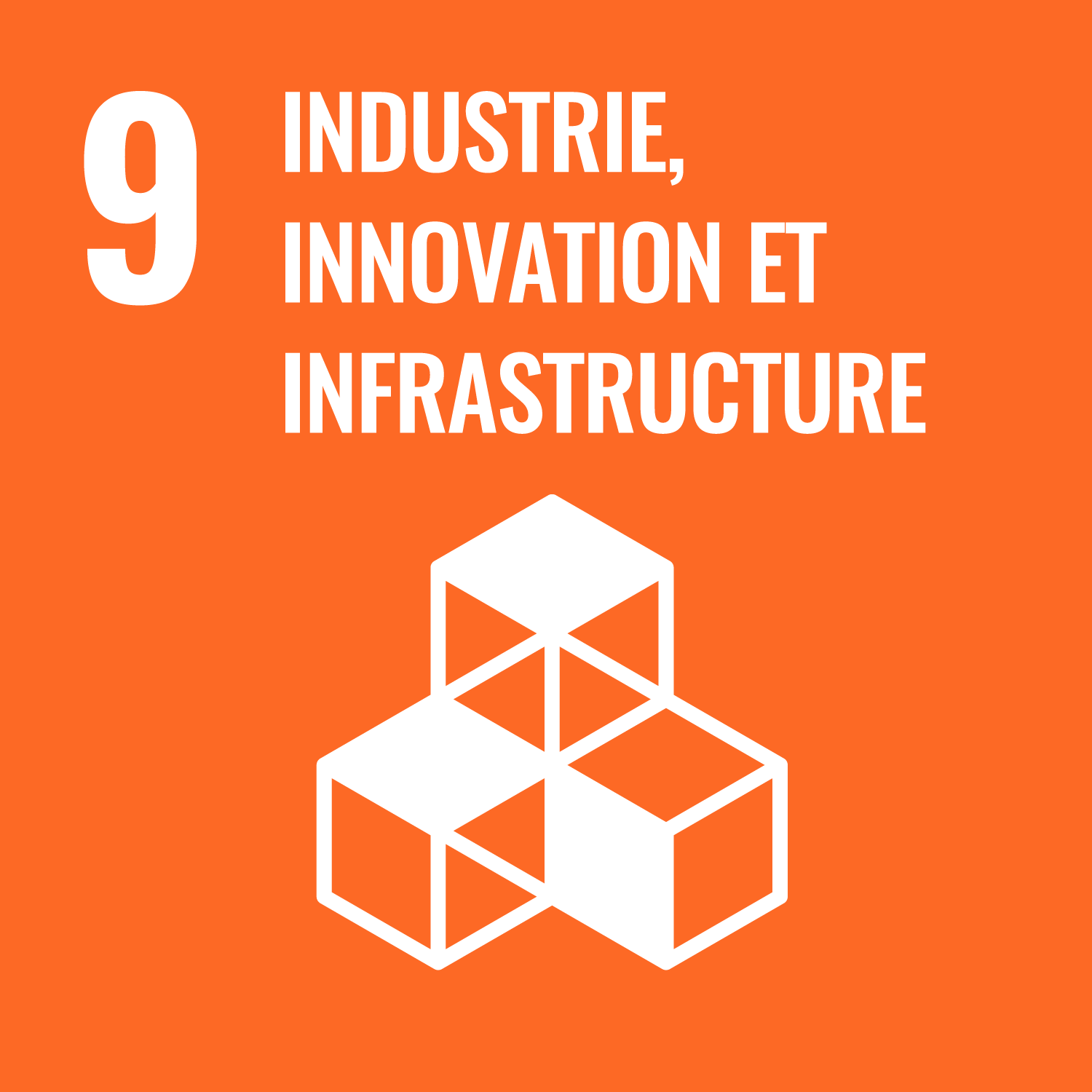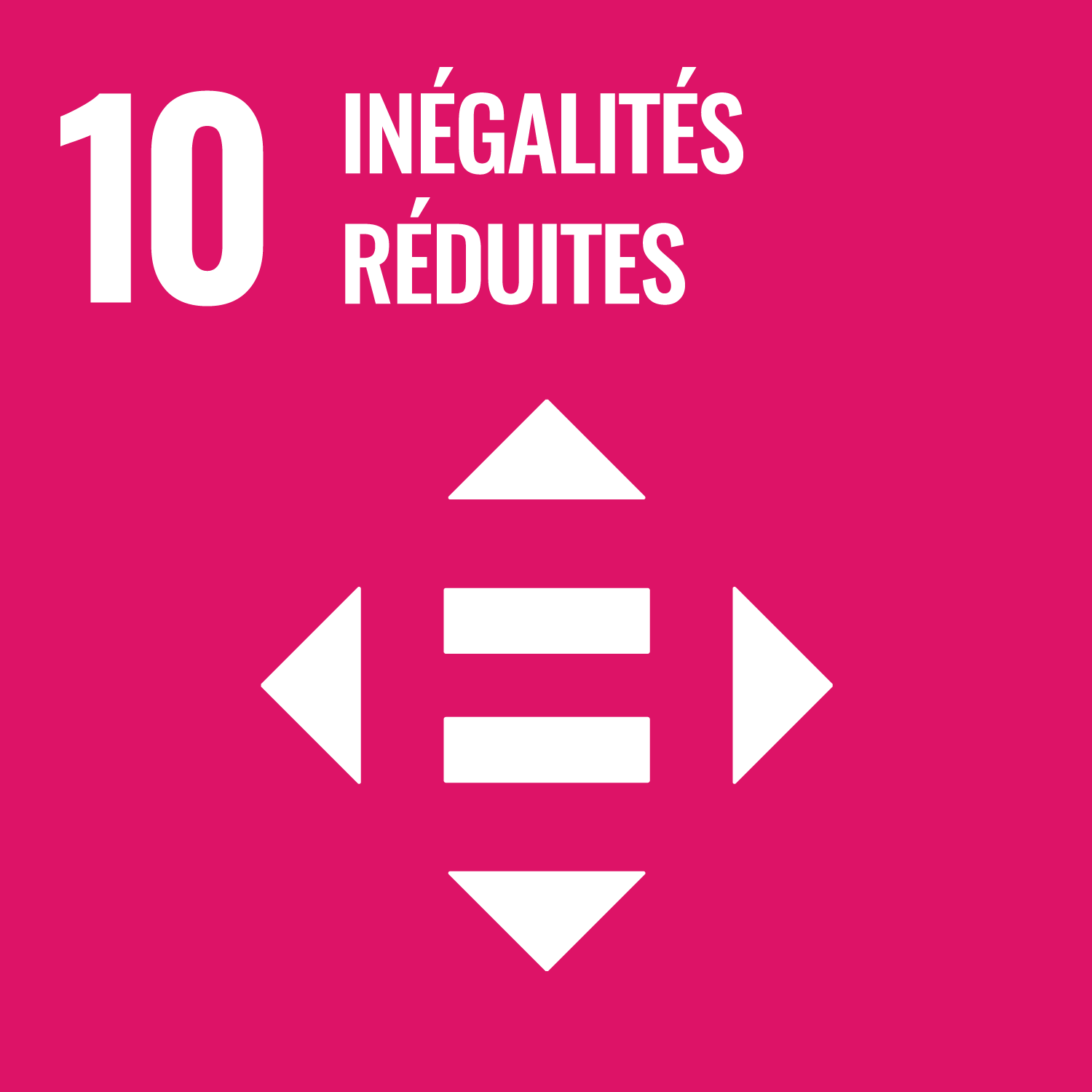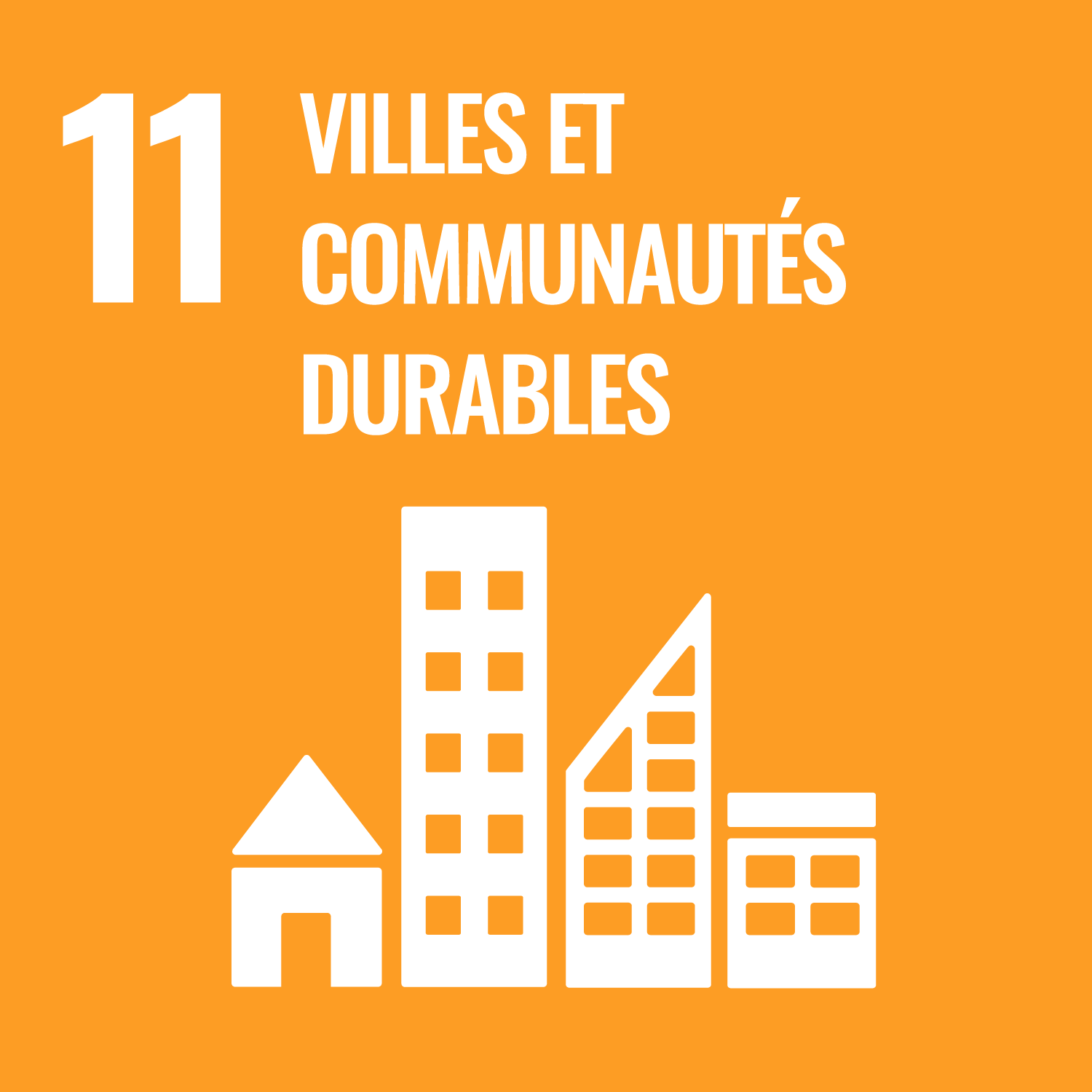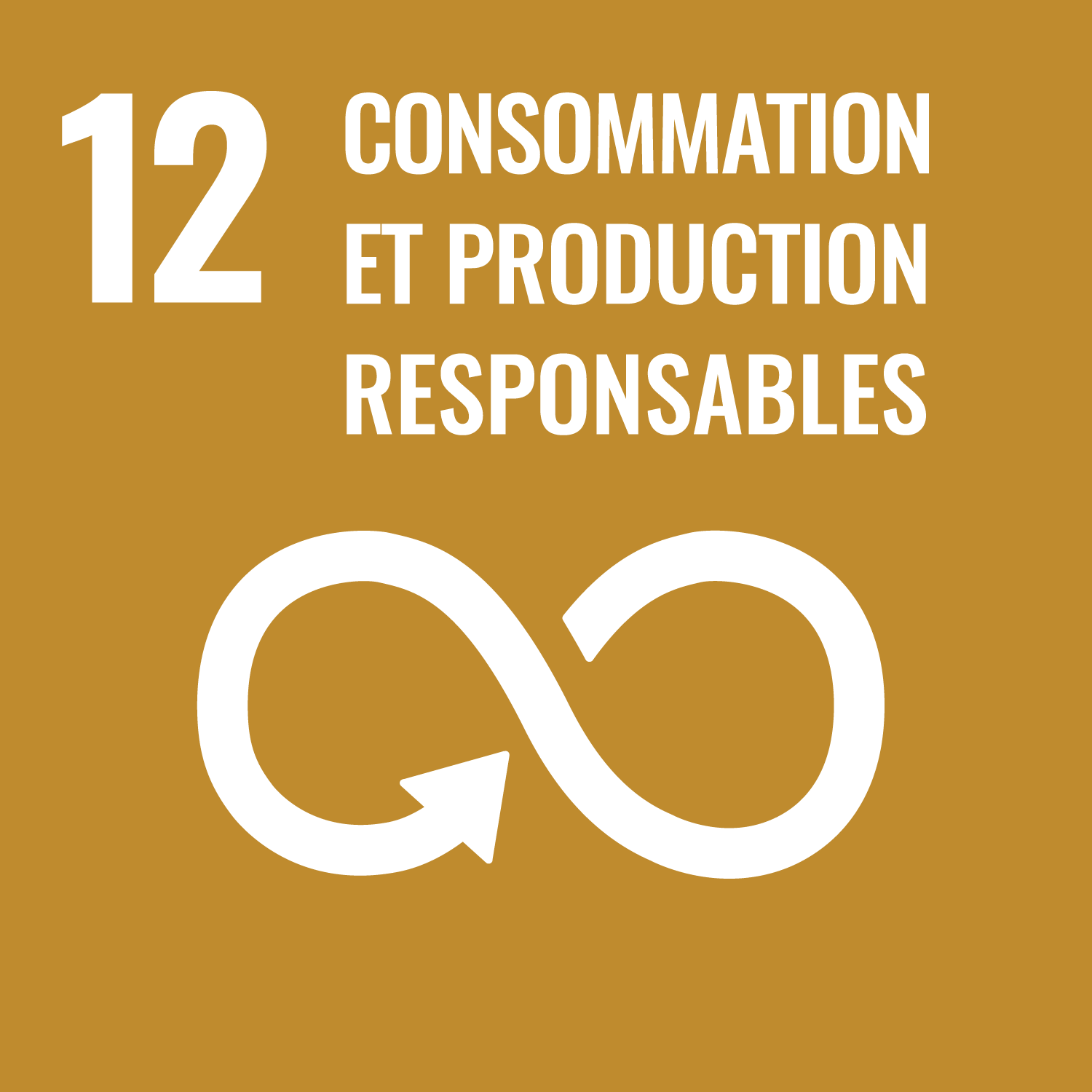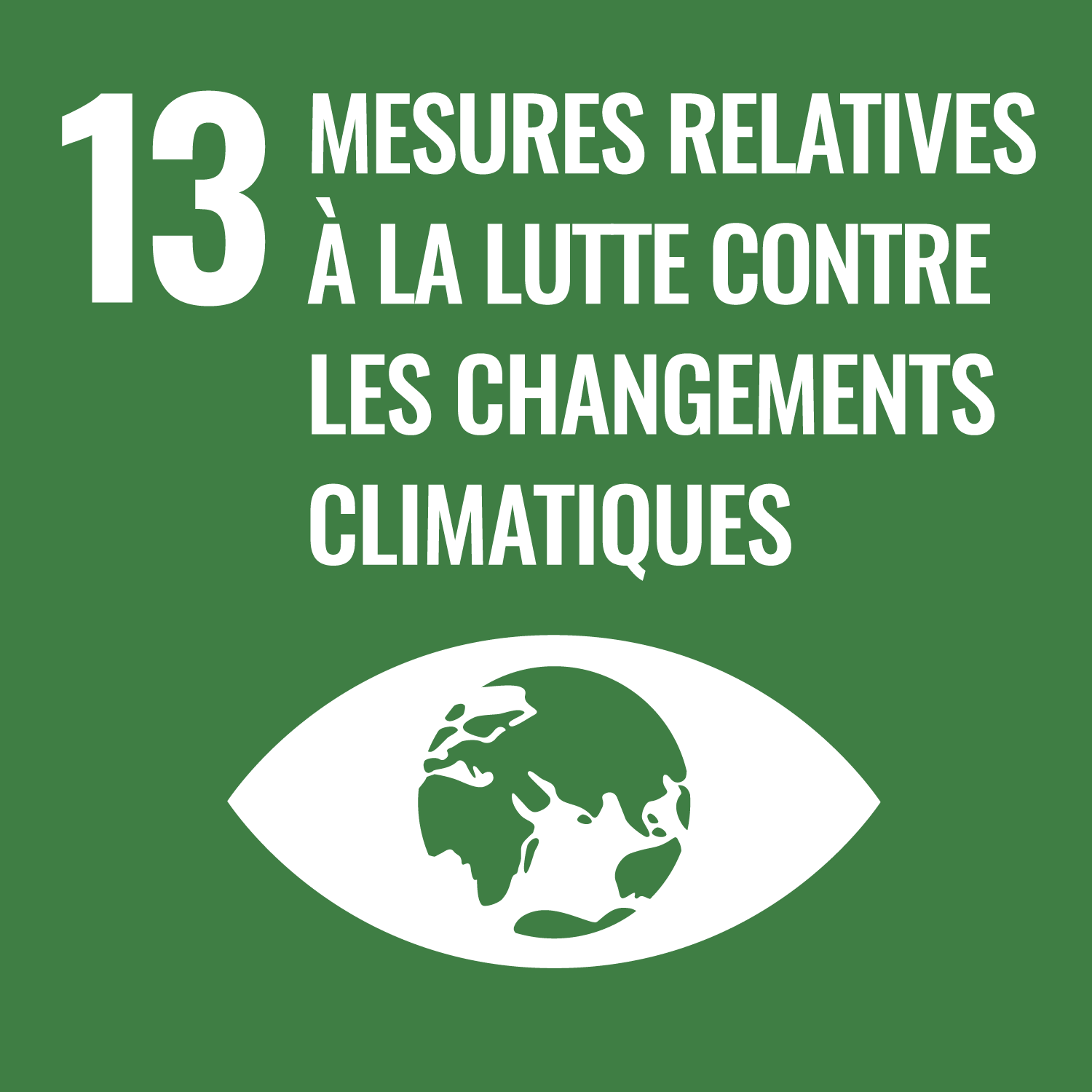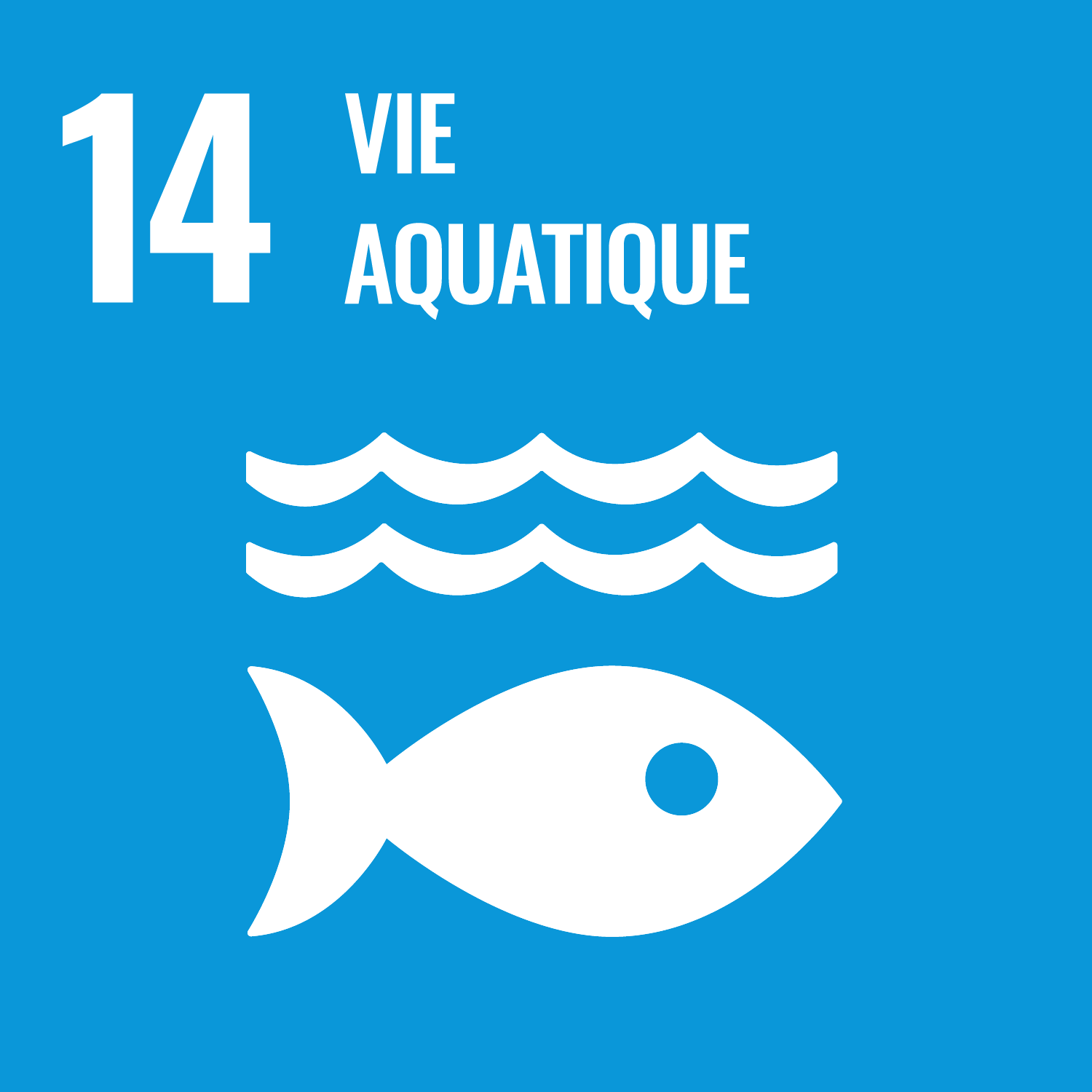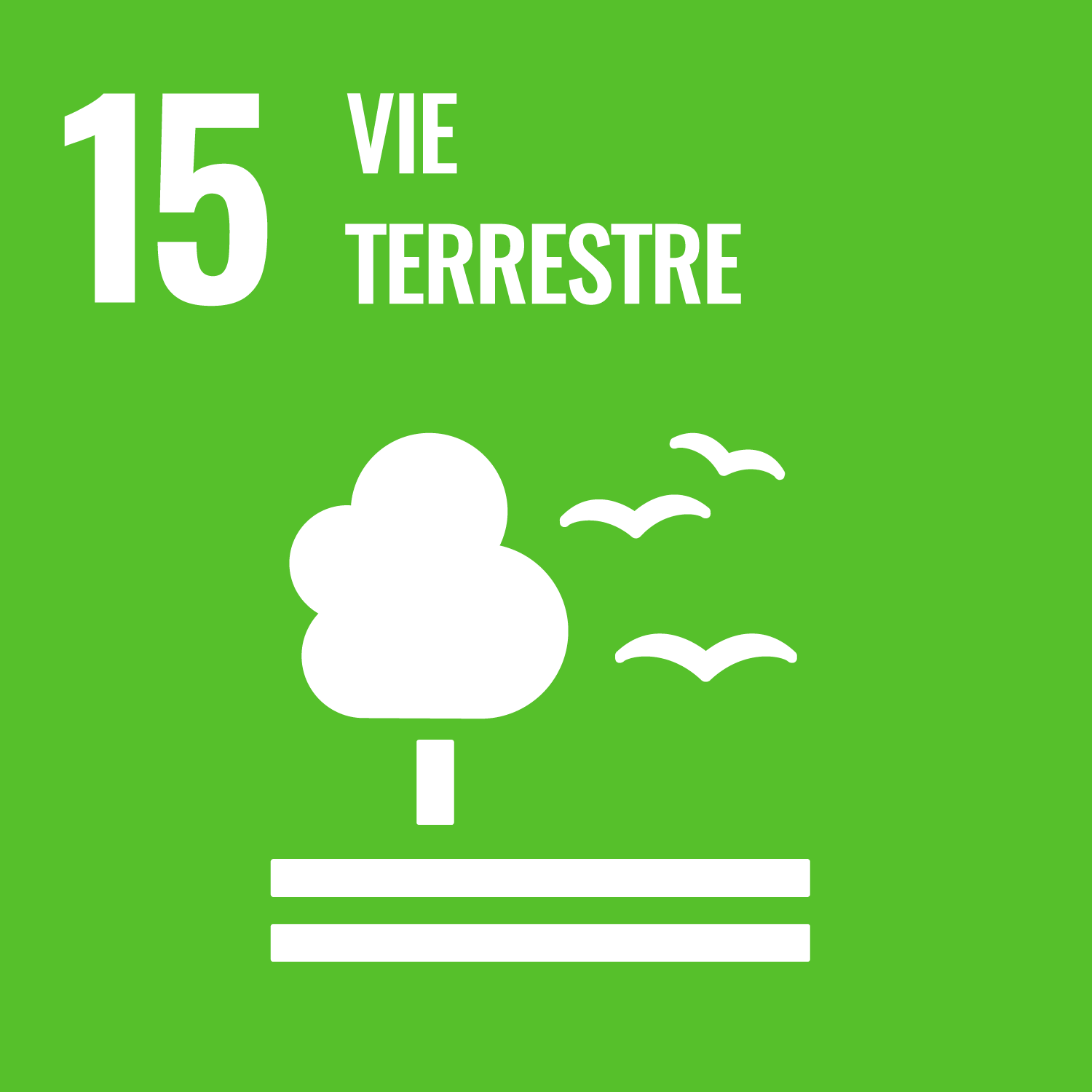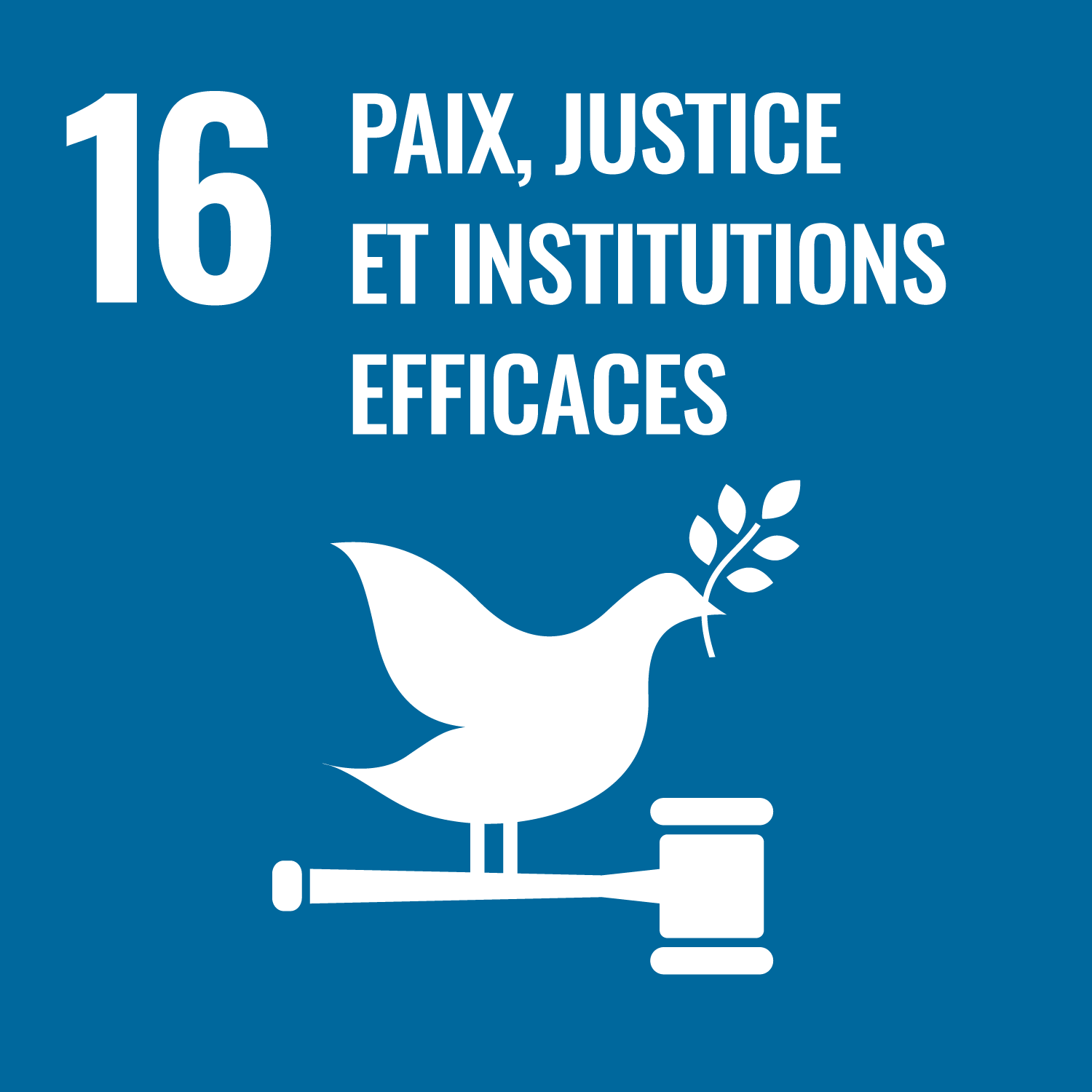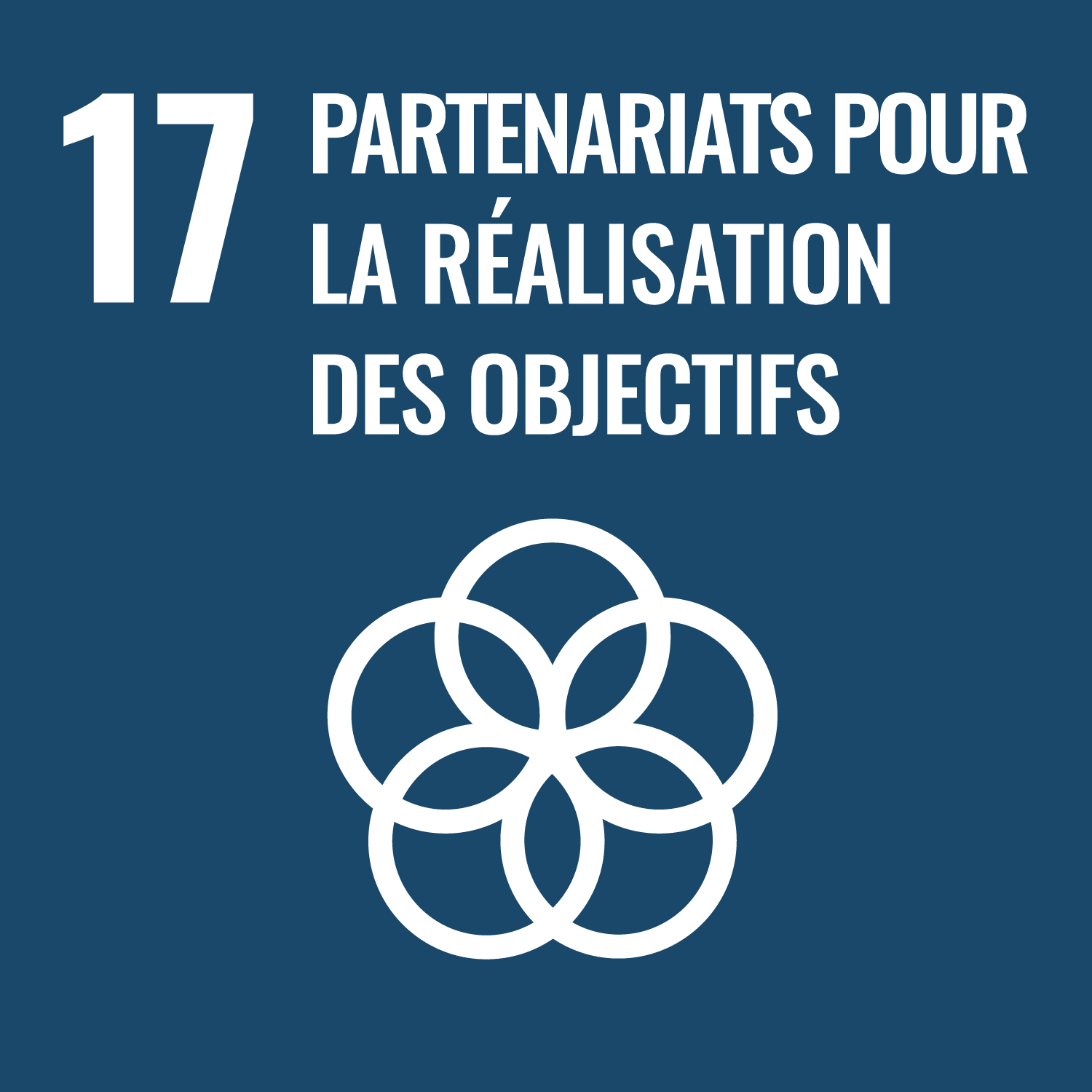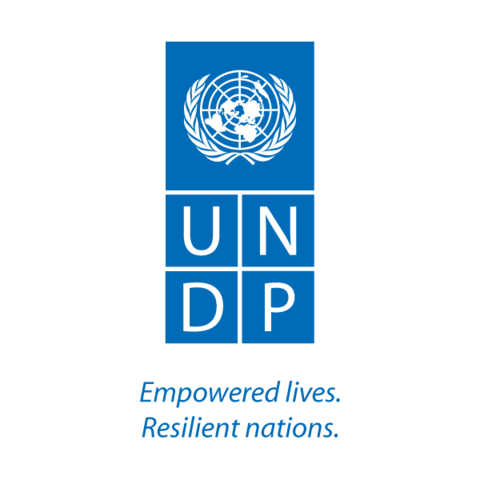One may not even imagine how hard can be the life of a person with chronic illness.
What is taken by others for granted can be a gift of fate for people facing huge challenges to live decent lives. Every day of Oguljeren turns to a struggle due to her health condition.
A sixty-five-year-old woman has difficulties with living independently after being diagnosed with cancer and having a surgery. She also has diabetes, experiences high blood pressure and suffers from coronary heart disease.
Nine years ago, Oguljeren lost her younger daughter, who passed away due to incurable disease. Surviving through this grief, Oguljeren ended up with being diagnosed with oncological disease and going through a serious surgery. She defeated the cancer, but even today she feels the long-term effects of the disease, which impacts her physical and psychological condition and worsened the quality of her life.
“It was a very hard time for me. Due to my illness, I couldn’t live a normal life,” recalls Oguljeren. “I needed help, and my eldest daughter worked, leaving me alone at home for a whole day. Nobody helped me."
Over the last three months things have been changing for the better for Oguljeren with the support of a Personal assistant who regularly visits her to provide socio-medical services being piloted as part of the UN-Turkmenistan Joint Programme “Improving the system of social protection through the introduction of inclusive quality community-based social services” funded by the Joint Sustainable Development Goals (SDG) Fund.
The socio-medical services at home for people with chronic illnesses is being piloted by the National Red Crescent Society of Turkmenistan (NRCST) with grant funds of the United Nations Development Programme (UNDP).
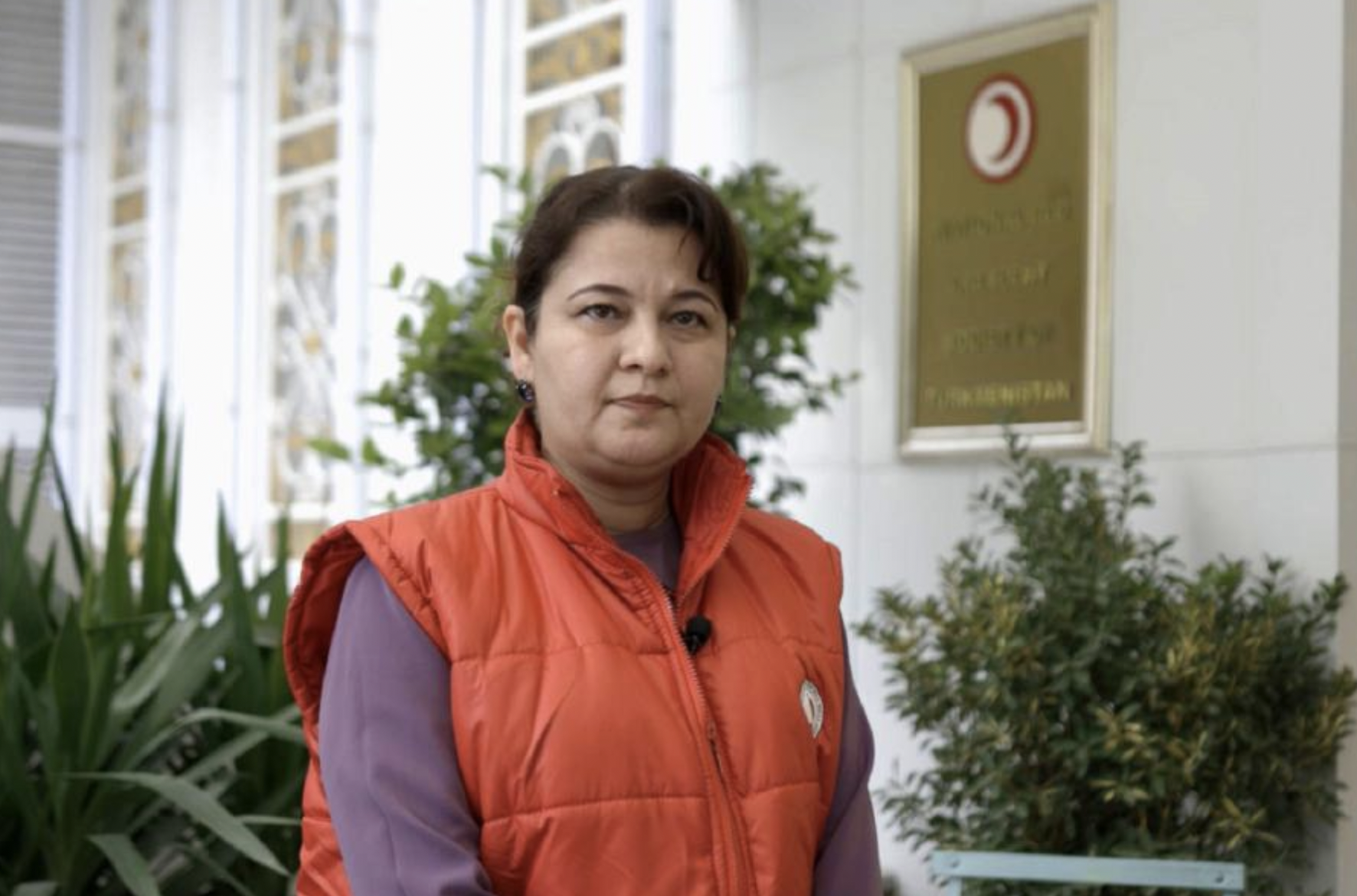
“Providing socio-medical services for people with chronic illness, we try to improve quality of their life byhelping them overcome difficult life situations and enhancing their social inclusion in the life of local communities and society as a whole,” says Bahargul Ovezova, staff member of the NRCST and Coordinator of the social services for people with chronic illnesses.
The Personal assistants of this service provide socio-medical services on a regular basis depending on the individual needs of service users. They help in many ways, focusing on acceleration of their rehabilitation and reinforcing their ability to live independently and creating more opportunities for their social inclusion.
“I often visit Oguljeren to check her blood pressure, help her with medications and respond to her emerging needs,” – says Aygul Ballyeva, Personal assistant. “I feel that Oguljeren is waiting for me. She always cheers up when I come and requests to stay more and just have a chat. I feel that I am needed, and this strongly motivates me.”
Seeing Oguljeren smiling as the Personal assistant enters the room, one can immediately understand that this social service is crucial for her.
“Aygul always calls and checks on me. She regularly comes to measure my blood pressure, accompanies me during my visits to a doctor at the Medical House for a regular checkup, and is always ready just to listen to what is happening in my life. I need someone like her not only for medical reasons, but also not to feel isolated, not to feel lonely,” says Oguljeren. “She is like my daughter now.”
This social service aims to help people with chronic illnesses cope with challenging life situation, while maintaining the ability to stay at the place of residence in their own community.
“For people with chronic illnesses, like Oguljeren, it is very important that they are able to stay at home and avoid being placed in the specialized institutions.” – says Bahargul Ovezova. “This noticeably improves their physical and psychological condition and helps them live independently adjusting to a life with chronic illness.”
“I am so happy to get such social care and medical support. I wish such services continue to help people like me to survive» - says Oguljeren. This gives us a hope and strength to overcome all the hardships associated with our illness. It helps us to live a normal life.”


